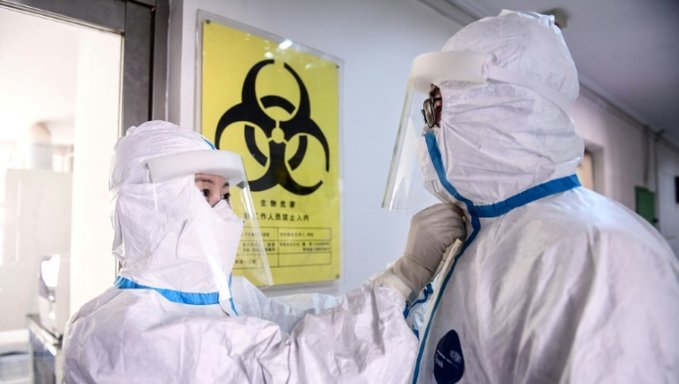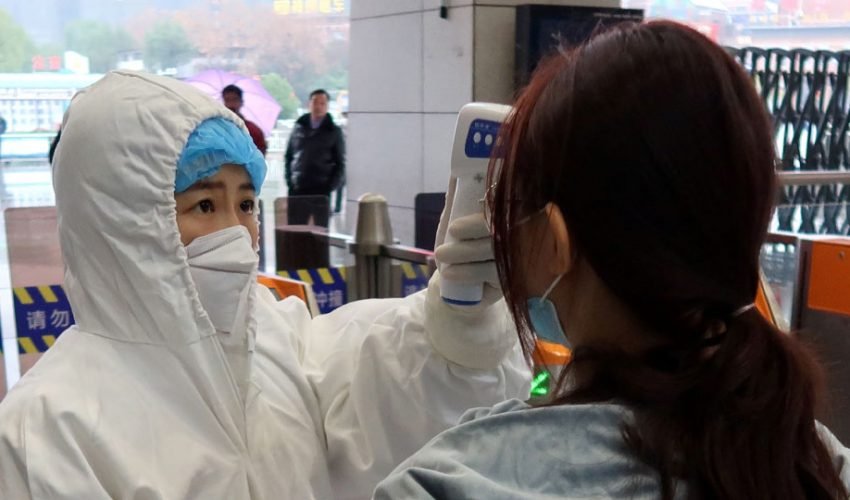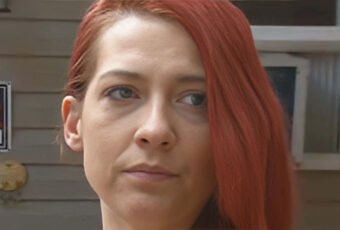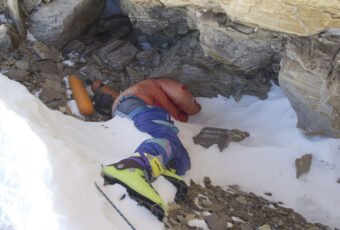The epidemic has caused great damage as it hits more than 200,000 cases and over 8,000 deaths but the good thing almost 83,000 people recovered. Coronavirus COVID-19, now present in every continent except Antarctica has killed more people than SARS and is now increasing at a faster rate.

On Monday China recorded the lowest number of officially confirmed infections since Jan. 20 when President Xi Jinping issued his first public orders on the epidemic, 125 confirmed infections and 31 deaths from the virus.
On March 18, Covid-19 cases have increased to a total of 200,000, leaving around 8,000 deaths and among with more than 8,783 cases recovered. Upadted- March 18 (8:30 am GMT)
What is Coronavirus?
Coronaviruses are a large family of viruses that may cause illness in animals or humans. In humans, several coronaviruses are known to cause respiratory infections ranging from the common cold to more severe diseases such as Middle East Respiratory Syndrome (MERS) and Severe Acute Respiratory Syndrome (SARS). The most recently discovered coronavirus causes coronavirus disease COVID-19.
What is COVID-19?
COVID-19 is an infectious disease caused by the most recently discovered coronavirus. This new virus and disease were unknown before the outbreak began in Wuhan, China, in December 2019.
Symptoms of COVID-19
The most common symptoms of COVID-19 are fever, tiredness, and dry cough. Some patients may have aches and pains, nasal congestion, runny nose, sore throat or diarrhea. These symptoms are usually mild and begin gradually.
Some people become infected but don’t develop any symptoms and don’t feel unwell. Most people (about 80%) recover from the disease without needing special treatment.
Around 1 out of every 6 people who get COVID-19 becomes seriously ill and develop difficulty breathing. Older people, and those with underlying medical problems like high blood pressure, heart problems or diabetes, are more likely to develop serious illness.
About 2% of people with the disease have died the percent seem to be increasing in the upcoming days. People with fever, cough and difficulty breathing should seek medical attention.
How Does it Spread?
Experts believe that there are four major factors that play some role in determining your odds of getting the virus from someone else.
- How close you get to an infected person
- How long you are near the person
- Whether the person projects viral droplets on you
- How much you touch your face.
People can also catch COVID-19 if they breathe in droplets from a person with COVID-19 who coughs out or exhales droplets. This is why it is important to stay more than 1 meter (3 feet) away from a person who is sick.
Viral Droplets — In order to infect you the virus must hitch a ride on a droplet of saliva or mucus which is most likely to happen from a sneeze or a cough, some experts say that the virus enters the body through your eyes, nose or mouth.
Can The virus Stay on objects, bus pole, touch screen or other surfaces?
Yes, it can for two hours to nine days, a study of other, similar shaped viruses found they remained on metal, glass, and plastics. However, how much is required to infect a person is unclear but ensure washing your hands before touching your face.
How to Protect Yourself
First of all stay aware of the latest information on the COVID-19 outbreak, available on the WHO website, major steps you should follow to protect yourself from getting affected with Coronavirus:
- Wash your hands frequently
- Maintain social distancing
- Avoid touching eyes, nose and mouth
- Practice respiratory hygiene
- If you have a fever, cough and breathing difficulty seek medical care immediately
- Stay informed and follow the advice given by your healthcare provider.
Should you be worried about COVID-19?
If you are not in an area where COVID-19 is spreading, or if you have not traveled from one of those areas or have not been in close contact with someone who has and is feeling unwell, your chances of getting it are currently low.
However, it’s understandable that you may feel stressed and anxious about the situation. It’s a good idea to get the facts to help you accurately determine your risks so that you can take reasonable precautions.
Your healthcare provider, your national public health authority and your employer are all potential sources of accurate information on COVID-19 and whether it is in your area. It is important to be informed of the situation where you live and take appropriate measures to protect yourself.
If you are in an area where there is an outbreak of COVID-19 you need to take the risk of infection seriously. Follow the advice issued by national and local health authorities.
Although for most people COVID-19 causes only mild illness, it can make some people very ill. More rarely, the disease can be fatal. Older people and those with pre-existing medical conditions (such as high blood pressure, heart problems or diabetes) appear to be more vulnerable.
Myth-Busters
Alcohol or Chlorine? Spraying alcohol or chlorine all over your body will not kill viruses that have already entered your body.
UV Lamps? UV lamps should not be used to sterilize hands or other areas of skin as UV radiation can cause skin irritation.
Hand Dryers Effective? Hand dryers are not effective in killing the 2019-nCoV.
Vaccines against Pneumonia? Vaccines against pneumonia, such as pneumococcal vaccine and Haemophilus influenza type B (Hib) vaccine, do not provide protection against the new coronavirus.
Rinsing your nose? There is no evidence that regularly rinsing the nose with saline has protected people from infection with the new coronavirus.
Eating Garlic? Garlic is a healthy food that may have some antimicrobial properties. However, there is no evidence from the current outbreak that eating garlic has protected people from the new coronavirus.
Sesame oil? Sesame oil does not kill the new coronavirus. There are some chemical disinfectants that can kill the 2019-nCoV on surfaces. These include bleach/chlorine-based disinfectants, either solvents, 75% ethanol, peracetic acid, and chloroform.
Does coronavirus affect people of all ages or just older? People of all ages can be infected by the new coronavirus (2019-nCoV). Older people and people with pre-existing medical conditions (such as asthma, diabetes, heart disease) appear to be more vulnerable to becoming severely ill with the virus.
Do antibiotics affect against Coronavirus? No, antibiotics do not work against viruses, only bacteria.
Can Pets spread Coronavirus? At present, there is no evidence that companion animals/pets such as dogs or cats can be infected with the new coronavirus.
Is there any cure for Coronavirus’s COVID?
Not yet. To date, there is no vaccine and no specific antiviral medicine to prevent or treat COVID-2019. However, those affected should receive care to relieve symptoms. People with serious illnesses should be hospitalized. Most patients recover thanks to supportive care. Read more about Coronavirus, and contact a medical professional as soon as you get symptoms.










